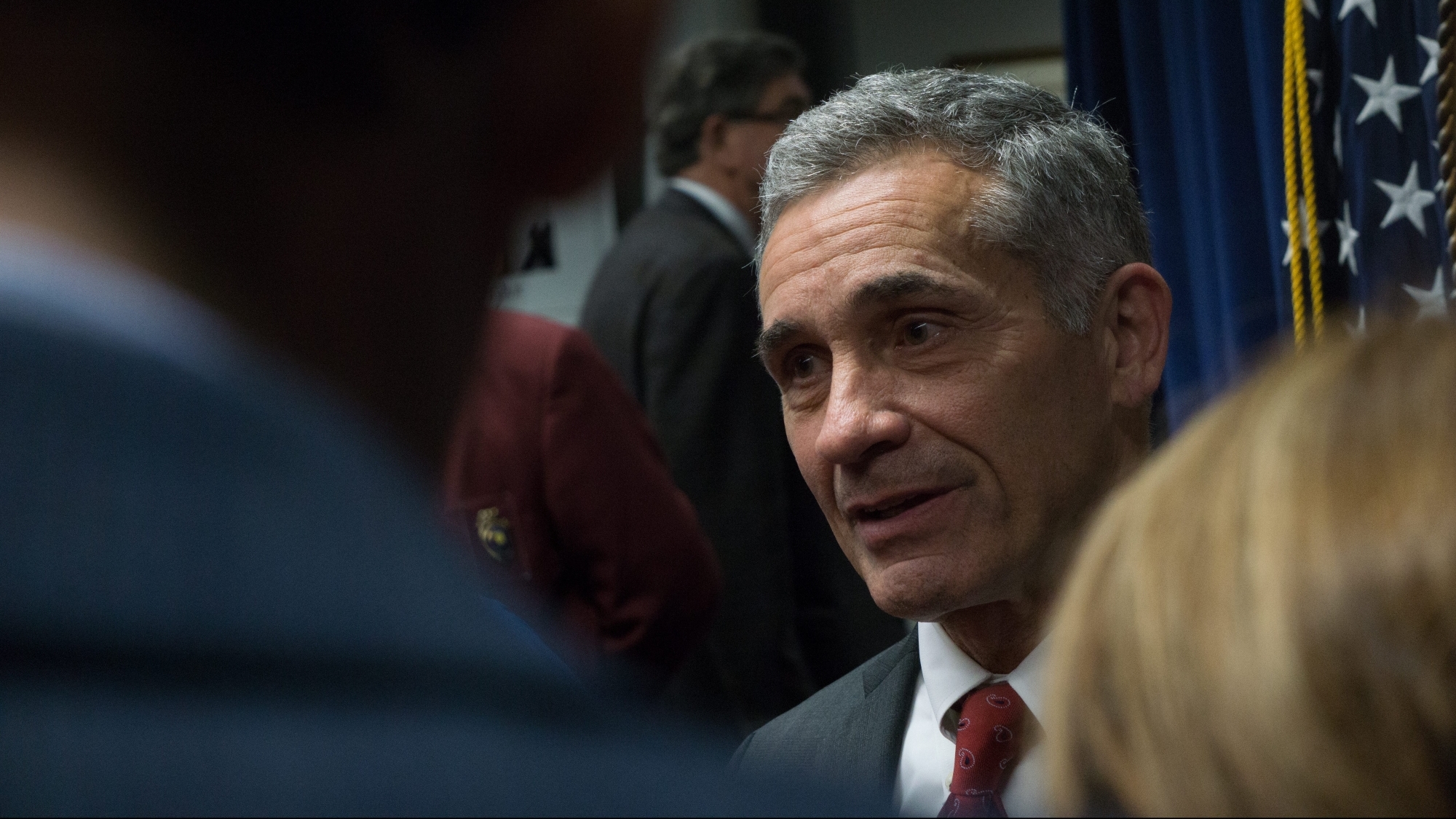Alabama Education Association executive director Amy Marlowe said Sen. Del Marsh’s “Parent’s Choice Bill” should instead be called the “No Vendor Left Behind” bill, and warned against rushing the legislation through committee this week.
Marsh’s bill, which he said he planned to file and expected to have approved in its first committee Wednesday, would reduce the state’s Education Trust Fund by approximately $420 million and allow parents to apply to use that cash to send their kids to other public schools, private schools or home school.
The bill would allow parents to apply to open an education savings account and calls for a stepped rollout, which, by the 2024-2025 school year, would allow all K-12 students to transfer to another public school, private school or home school and provide that student with the approximately $6,500 in current state school funding to do so. The bill doesn’t require any public or private school to accept students, however.
Marsh told Alabama Daily News that his bill “would be a hit on the Education Trust Fund of about $420 million” but it would allow parents to decide what’s best for their children.
The bill would establish a seven-member “Parent’s Choice Board” tasked with overseeing the program.
Marlowe in a statement to APR on Monday expressed concern over the speed at which Marsh said he believed his bill would come out of its first committee, and cautioned against passing it without enough time for the public and the media to study it.
Marlowe’s full statement is below.
“Senator Marsh’s “Parent’s Choice Bill” should be called exactly what it is – “No Vendor Left Behind “ – a shell game of a voucher program to divert money from Alabama’s community schools. There is a complete lack of transparency regarding this egregious bill by rushing it through committee this week. Regardless of whether Senators have been given the opportunity to study the bill, by filing it this week and expecting it to not only be in committee, but to be voted out of a committee is mind blowing. A bill of this magnitude that would result in more than $420 million cut from the Education Trust Fund rushed through committee without the opportunity for at least a week of scrutiny by the public and the media makes you wonder why Sen. Marsh is in such a hurry to move this bill. By moving this legislation so soon, it does not give time for education leaders and the community to provide their input – and with $420 million on the line – it is only necessary that every line in this bill is properly reviewed and scrutinized.
“We cannot ignore the warnings of both education budget chairs as well as the state financial officer stating the excess funding collected in the last fiscal year resulting in an unprecedented growth currently allotted for education will not last long. Furthermore, Alabama’s students and educators cannot afford to take almost a half a billion dollar hit from public education.
“Instead of this foray to divert funding from public education, Senator Marsh’s focus should be on the growing number of educator shortages within Alabama schools and the need for substantial pay raises for current educators who are already going beyond their normal call of duty. Private schools and educational service providers, who do not have as much accountability as public schools, should not be able to receive $420 million siphoned from the ETF. The Alabama Education Association will work vehemently to fight this bill and protect the needs of our students and educators who are in public education.”















































